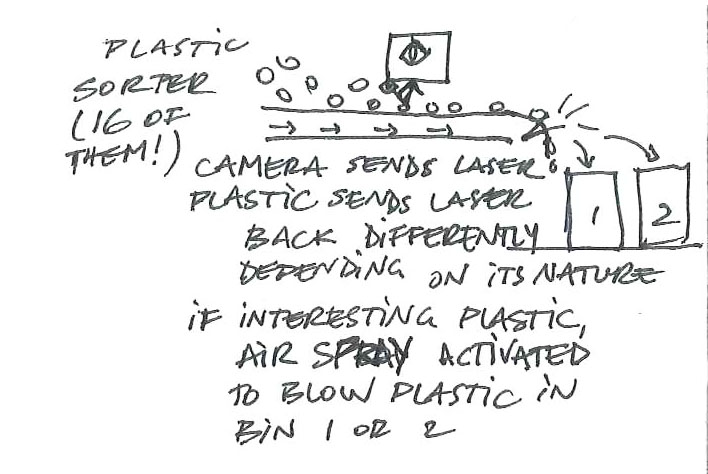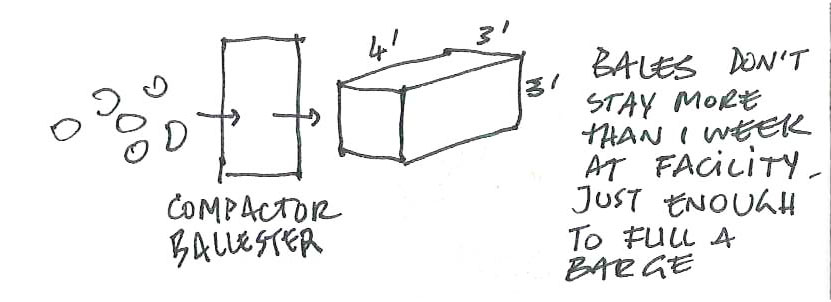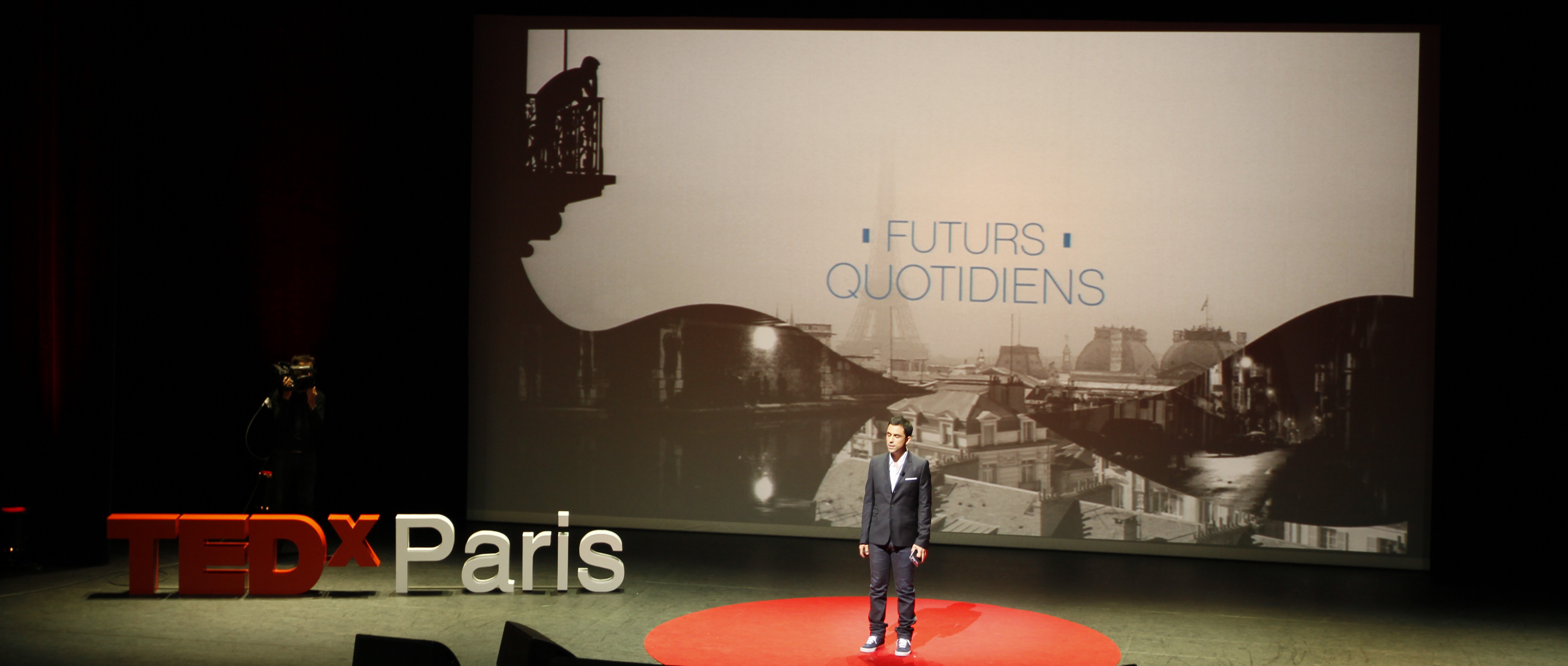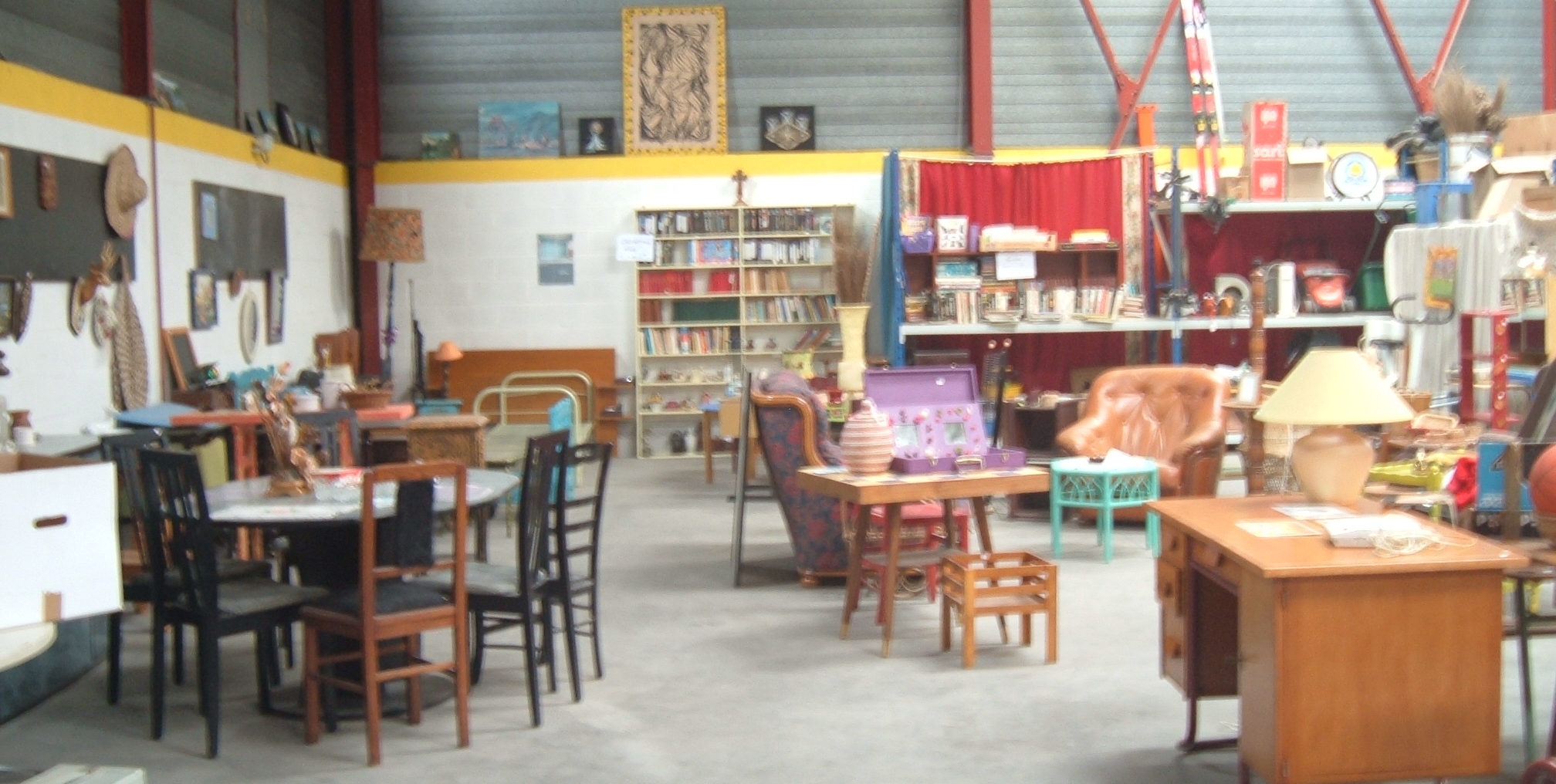· 3 min read
How recycling works
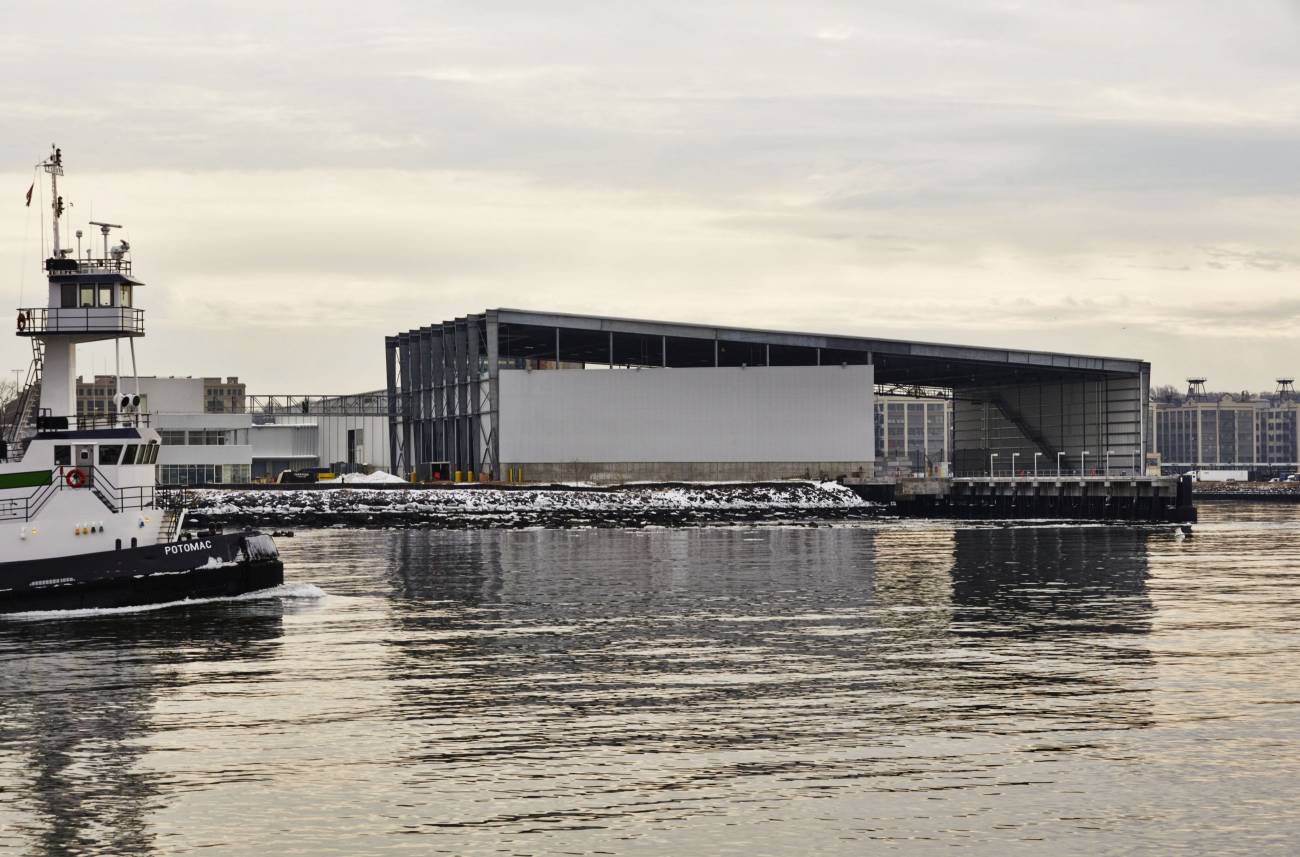
Trash is awesome… and valuable! We’ve seen those artists who know how to deal with our daily life scraps and make it a reclaimed material: see here or there. When most people just don’t want to care about their trash, society looks the other way when it is question of how much waste we produce. But there is also a whole industry that makes money out of trash.
I had the chance this week to visit (thanks UGC!) the SIMS recycling facility in Sunset Park in Brooklyn. After a quick pic of the bay from the deck, Eadaoin Quinn takes us inside to talk about the facility. The friendly format allows us to ask every question crossing our mind, and Eadaoin has an answer to every single one of them. But first, a quick presentation of the site:
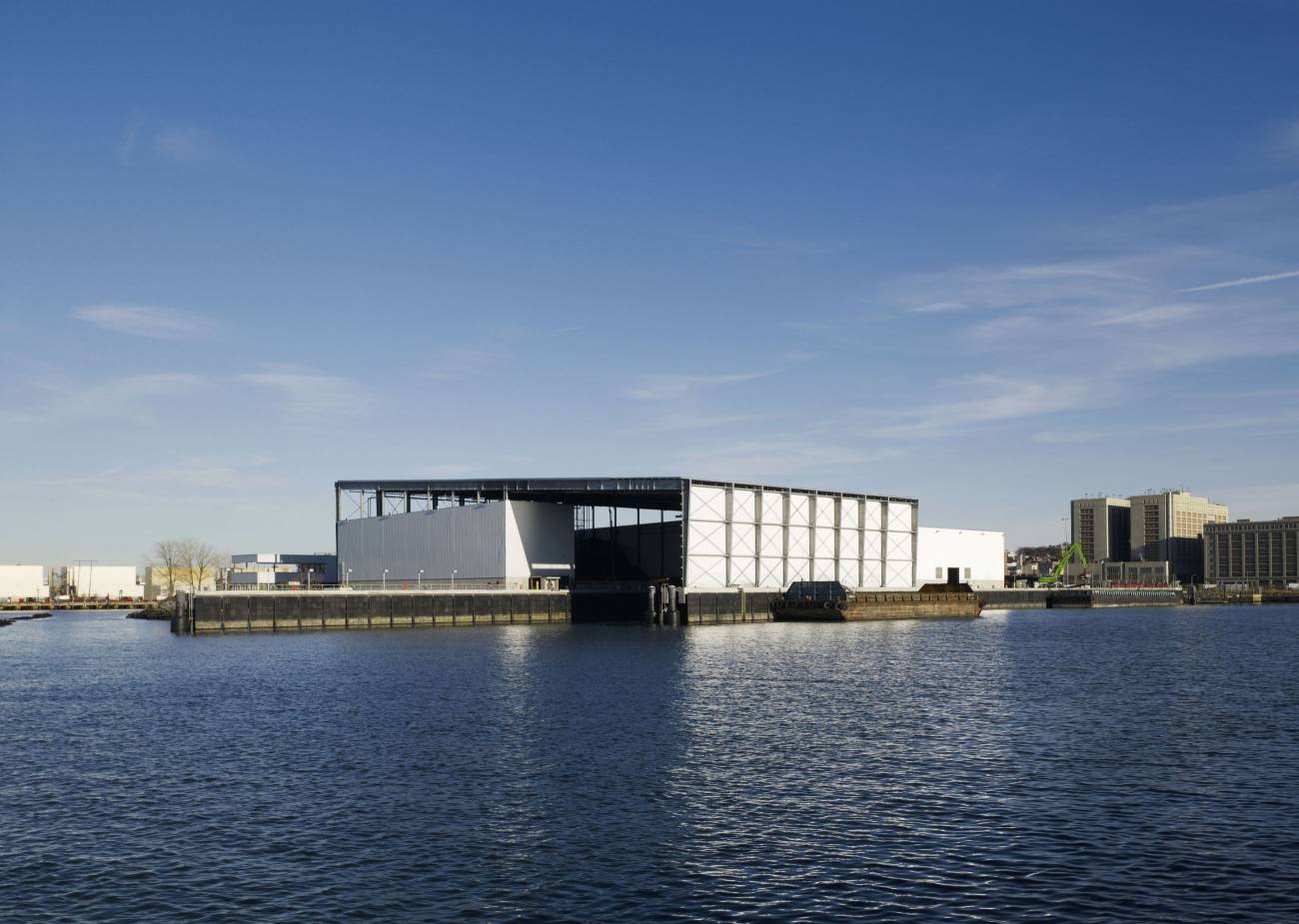
As opposed to the next pier where the occupant firm went bankrupt, SIMS’ pier was elevated just before Hurricane Sandy happened, and was thus kept out of trouble.
The building is a beautiful design, to host an important matter.
SIMS is a private company that has been operating the site since its completion in 2013. The city, through NYC EDC (Economic Development Corporation) owns the land and built the building, designed by Selldorf architects (who are just awesome!, says our host) in collaboration with the then-future runner SIMS. After practical questions about the waste management system, we get into how it works, let me explain:

100% of NYC residential recycled trash (blue and green bins) is sold to the SIMS facility, which is estimated to be only 50% of all recyclable material; if only more people recycled! In this attempt, the city is currently testing a one-bin-only recycling at their NYCHA residences, which means more material (because it gets easier to recycle) but also more work of separation for SIMS. 
At the facility, the big deal is to sort out the trash by type. And there are pretty impressive machines that do just that:
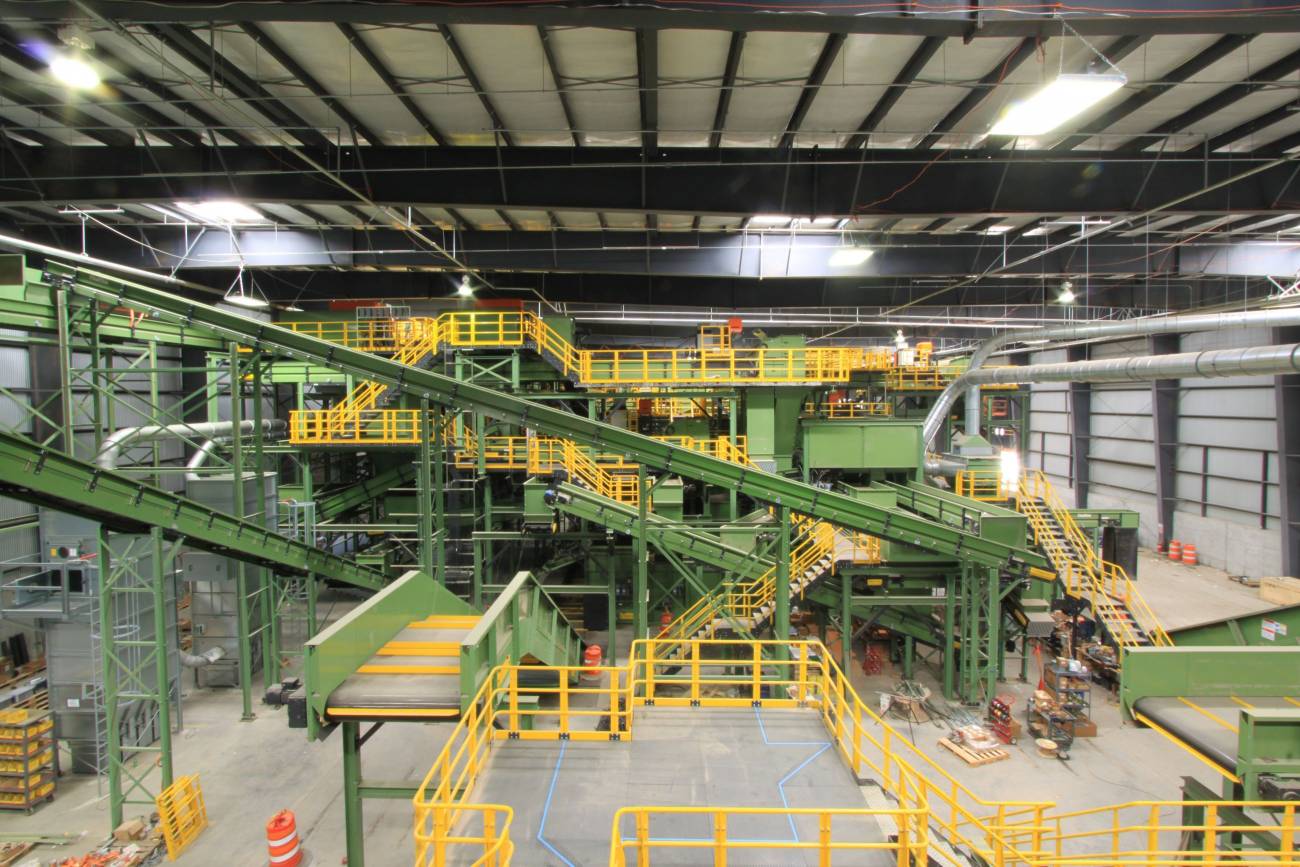
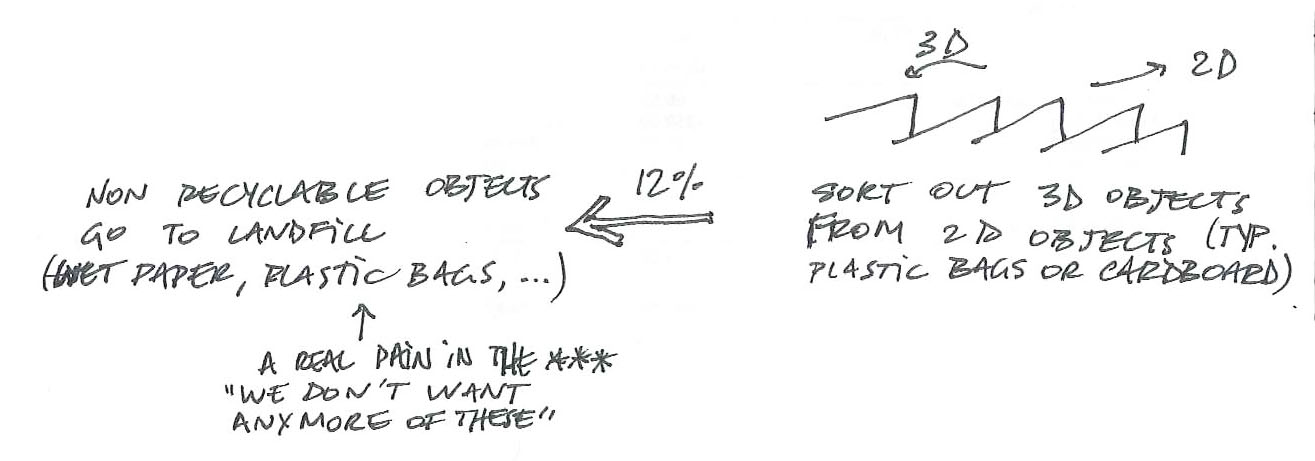

This was for residential. SIMS doesn’t deal with commercial recycling, which is dealt by a complete separate cycle. There are about 200 private companies doing the pick-up, sorting, and recycling of trash from commercial buildings. On this side, the city has been pretty busy dismantling mafia networks for the past several years, and has not started looking at results and numbers yet.
If you want to know more, you can visit SIMS yourself at Open House NY, or get a program with your class! Yes, the facility is hosting educational programs almost every day.



